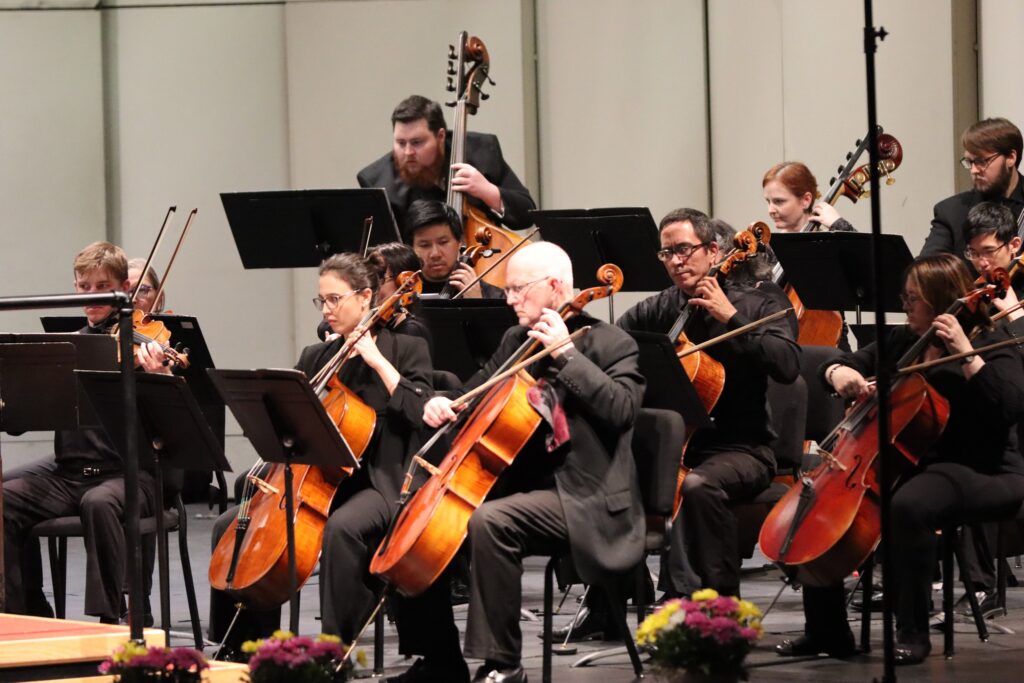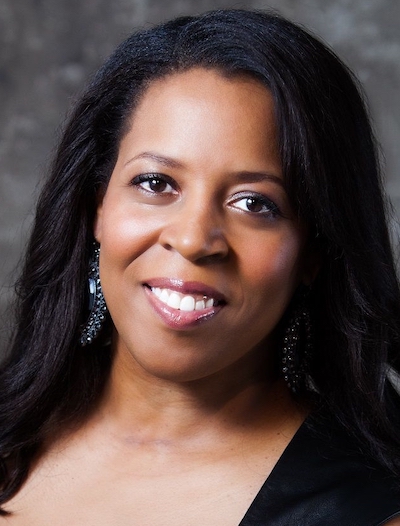
ADRIAN — When Igor Stravinsky’s ballet “The Rite of Spring” premiered in 1913, everybody had an opinion.
Some thought it brilliant. Others despised it, with critics using such phrases as “a laborious and puerile barbarity” and “the work of a madman.”
But no matter what anyone thought, according to Adrian Symphony Orchestra music director Bruce Anthony Kiesling, it became the most influential piece of music in the 20th century.
“If you were a composer writing after Beethoven’s ninth symphony came out, you couldn’t help but be influenced by it,” Kiesling said. “ ‘The Rite of Spring’ was equally influential, whether you thought it was great or terrible.”
“The Rite of Spring” will be performed at the ASO’s May 3 concert, at 7:30 p.m. in Adrian College’s Dawson Auditorium. It wraps up a season-long focus on the music of Stravinsky, a Russian-born composer who is often considered one of the most pivotal figures in the development of modern music.
Stravinsky’s experiments with dissonance were unusual for his time, as was the extent to which he let rhythm drive the piece. In this respect, Kiesling said, “The Rite of Spring” can almost be seen as a precursor to rock ’n’ roll.
“It’s just driven by this relentless rhythm and sometimes completely devoid of harmony,” he said.
The American-born composer Aaron Copland once estimated that Stravinsky had influenced three generations of American composers. He later revised this statement to four generations, and both American and European composers. Echoes of Stravinsky’s style can be heard not just in the work of many 20th-century composers who wrote for the concert hall, but in the film scores of artists like John Williams.

Two other pieces will be included in the ASO’s May 3 performance. The concert will begin with “Umoja: Anthem of Unity,” by American composer Valerie Coleman. This piece continues the ASO’s emphasis on including pieces by women composers in its concerts.
Kiesling said Coleman first wrote “Umoja” for vocalists, then arranged it for a wind quartet, then finally for a full orchestra.
The orchestral arrangement was commissioned by the Philadelphia Orchestra, and its 2019 premiere marked the first time that orchestra had premiered a work by a living female African-American composer.
Kiesling said “Umoja” is inspired by the call-and-response tradition, and “the tune gets handed around the orchestra.”
Coleman, who is also a Grammy-nominated flutist, was the first person to be named Classical Woman of the Year by the radio program Performance Today.
Also on May 3, pianist Dominic Cheli will return to Adrian to perform Sergei Rachmaninoff’s “Rhapsody on a Theme of Paganini.” The Italian virtuoso Nicolo Paganini wrote many famously difficult pieces for violin, including a set of 24 caprices for solo violin. Rachmaninoff adapted the last of these into a piece for piano and orchestra that Kiesling said is “a real audience-pleaser.”
The ASO’s May concert will take place on Friday, May 3, at 7:30 p.m. in Dawson Auditorium on the Adrian College campus. Tickets range from $23 to $37, with discounts for students and seniors.
All ticket holders are welcome to join music director Bruce Anthony Kiesling for Classical Conversations, a look at the stories behind the music, at 6:40 p.m. Tickets: 517-264-3121 or adriansymphony.org.

